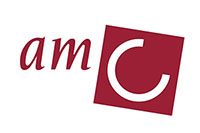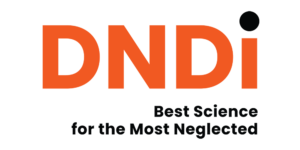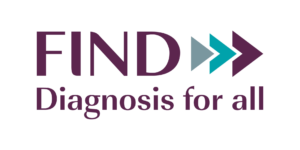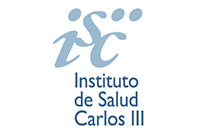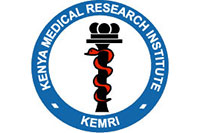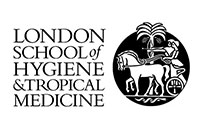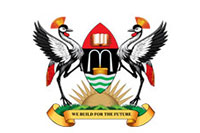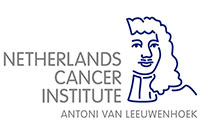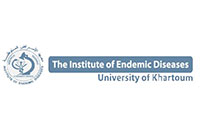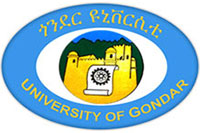AfriKADIA is a consortium of ten organizations working to find improved treatments and diagnostic tools for visceral leishmaniasis in eastern Africa.
The Consortium is currently conducting a large-scale Phase III clinical trial to assess the efficacy and safety of a combination of oral miltefosine (MF) and paromomycin (PM) in treating visceral leishmaniasis. The current combination treatment used to treat visceral leishmaniasis, although effective, remains sub-optimal as patients may suffer from rare but major side effects, such as cardiotoxicity, hepatotoxicity, and pancreatitis. The treatment is also difficult to administer, since patients must be hospitalized and endure two painful injections every day for 17 days. If found to be efficacious, the introduction of MF (the first oral treatment registered for visceral leishmaniasis in 2002 in India and used in the visceral leishmaniasis Elimination Program in 2005 in India, Bangladesh, and Nepal) in combination with PM will reduce both the difficulty in administering treatment and the length of hospital stays for patients.
The clinical trial will run hand-in-hand with an assessment of innovative, non-invasive diagnostic tools for detection and management of visceral leishmaniasis cases in routine patient care. Diagnosis of visceral leishmaniasis is complicated because clinical symptoms can be similar to many other common diseases, such as malaria and other febrile infections. At present, there are no reliable, easy-to-use, highly sensitive tests that can detect the disease and confirm when patients have been cured. Countries in the region, such as Kenya, still use splenic aspirate for diagnosis – an invasive diagnostic approach that is dangerous if done incorrectly and cannot be performed on seriously ill patients.
The study is being implemented under the Leishmaniasis East Africa Platform (LEAP), the research and training platform dedicated to the conduct of trials in leishmaniasis and coordinated by DNDi’s regional office in Kenya.
The AfriKADIA consortium is funded by the European & Developing Countries Clinical Trials Partnership (EDCTP). This project (grant RIA2016S-1635) is part of the European and Developing Countries Clinical Trials Partnership Association (EDCTP2) programme supported by the European Union.
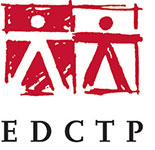
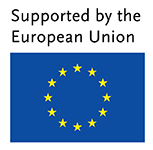
Partners
The consortium comprises three leading universities and one research institution from eastern Africa as well as four leading European research institutions with a strong track record in field-based research and two well-respected not-for-profit product development partnerships specialized in R&D for neglected diseases:
Project Management Committee members
- Dr Jorge Alvar, DNDi, Switzerland
- Dr Thomas Dorlo, NKI, Netherlands
- Prof. Michael Miles, LSHTM, UK
- Dr Javier Moreno, ISCIII, Spain
- Dr Joseph Olobo, Makerere University, Uganda
- Dr Jane Mbui, KEMRI, Kenya
- Prof. Ahmed Musa, IEND, Sudan
- Dr Rezika Mohammed, University of Gondar, Ethiopia
- Dr Isra Cruz, FIND, Switzerland
- Dr Henk Schallig, AMC, Netherlands

